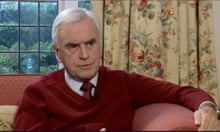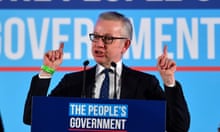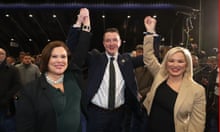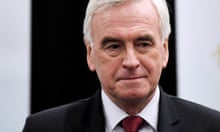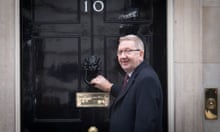A leading shadow minister has blamed broadcasters such as the BBC for allowing Jeremy Corbyn to be “demonised and vilified” during the election campaign, as the party struggled to come to terms with the scale of its defeat.
Andy McDonald, the shadow transport secretary, who was one of the most interviewed Labour frontbenchers in the media during the campaign, said the unfairness of the BBC and other broadcasters should make people “worry about our democratic processes”.
The argument over how central Corbyn was to the election loss is set to play a crucial role in the race to become the next Labour leader, a process the party has already begun with a new incumbent set to be elected by the end of March.
In a sometimes angry interview on BBC Radio 5, McDonald said that in Corbyn’s treatment by the media he had “never in my lifetime known any single individual so demonised and vilified, so grotesquely and so unfairly”.
Saying the Labour leader had been “vilified as an antisemite” and compared to Stalin, McDonald said the scale of the attacks had been broader than normal. “We know we’ve got the forces of the establishment, the elite, against us.
“We’ve always had the print media, which is page after page after page of press barons absolutely destroying and vilifying Labour leaders from time immemorial. What’s changed in this election is the way the broadcast media have joined in with that battle.
“And you know that we have a catalogue of complaints against our public service broadcaster, our precious BBC, which I’m afraid has been brought into the fray.”
Insisting the Labour manifesto and position on Brexit had gone down well with voters when he had been able to explain them in person, McDonald said he had “never, ever seen such a stacked deck in British politics”.
He said: “I think it causes us to worry about our democratic processes. We know how powerful the Tory elite is, and they have flexed their muscles to great effect during this election.”
Referring to rows within Labour, such as disagreement over Brexit between the ex-MP Caroline Flint and the shadow foreign secretary, Emily Thornberry, McDonald called for “a period of calm”.
He said: “We need some real reflection, we need to examine what we have done, and be open to internal discussion and criticism, based in fact, not in this business we’ve had to deal with over the past several years.”
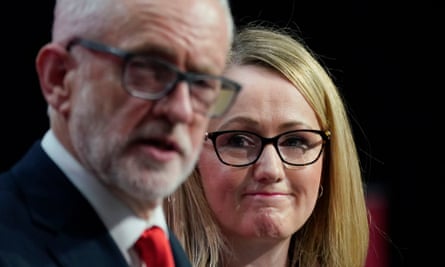
Also speaking on Monday, two leading backbenchers, Alison McGovern and Stephen Kinnock, both said they believed the next Labour leader should be a woman.
In a separate interview, the Conservative MP Nigel Evans said Rebecca Long-Bailey, the shadow business secretary, seen as the chosen pick of the Corbyn wing of the party, would be the candidate the Tories would most like to see take over.
McGovern, the Wirral South MP, said the leadership debate “can’t just be about how bad the Tories are”. She told BBC One’s Breakfast programme: “We’ve got to get the right question. For me that’s about who has got the right ideas.”
She added: “I would like the Labour party to elect a woman as its leader. I think we need to show that we understand that women have every capacity to lead our country.”
Appearing on the same programme, Kinnock, the MP for Aberavon, said it would be “excellent if the next leader were to be a woman”.
He said the priorities should be credibility on national security, a commitment to localism and a credible economic plan. He said: “You can’t have a manifesto which is a Christmas wishlist.”
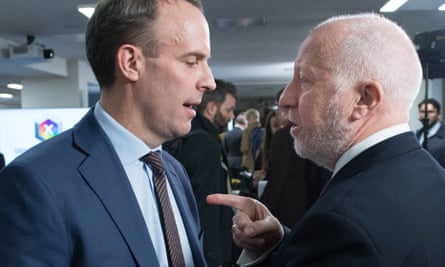
A series of female Labour MPs are deciding whether to seek the leadership, including Long-Bailey, Lisa Nandy, Jess Phillips, Angela Rayner, Yvette Cooper and Thornberry. Although she has not formally said she will enter, Long-Bailey is the favourite due to the endorsement from the Corbynite wing of the party.
Speaking on Sky News, Evans, the veteran Tory backbencher, said Long-Bailey would be the Labour leader his party would worry about the least.
“She would be seen as cast as the same sort of person as Jeremy Corbyn and John McDonnell. Anyone from the Momentum wing or the extreme left wing of the Labour party would be a big mistake for them,” he said.


